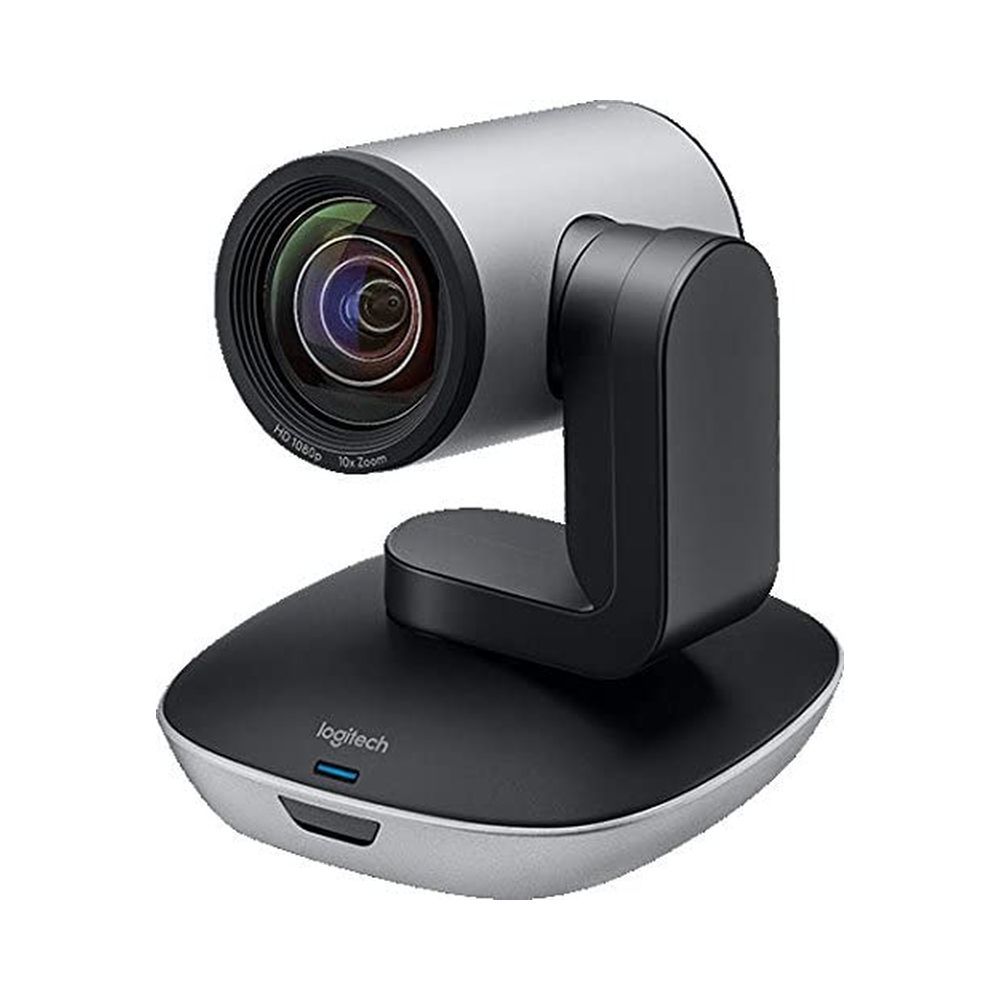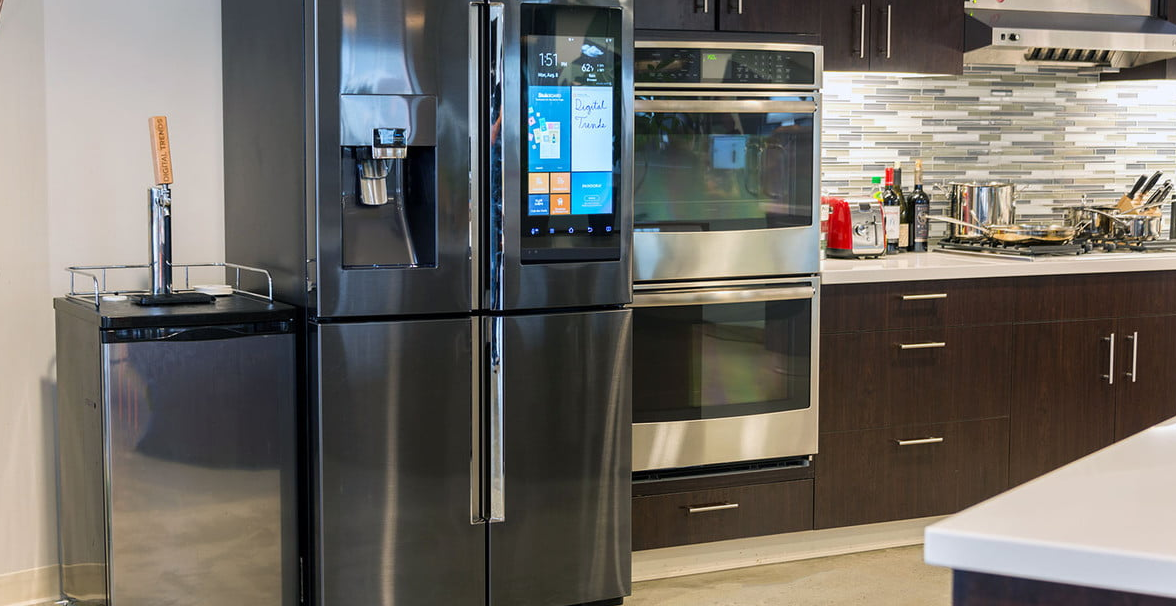
I have an expensive video card, but I am wondering how to increase the fps on pc. My gaming laptop and the bigger rig I play games on max out at 30FPS.The Question of How to increase FPS on PC? is quite common.
I can tell a lot of GPU and CPU power is being used when I switch games from the Nvidia Control Panel to the Radeon control panel (for example, Crysis 2). I have tried waiting longer between intense graphics rendering to a small frame to speed things up and generally get to about the same FPS, however, I can still tell it’s at 30 FPS. When I also play games on a solid-state drive (SSD) and dual-core CPU, I generally see higher FPS.
It doesn’t appear that I’m limited to a specific monitor or resolution; if I increase the game’s resolution to 1280×720 and increase the game’s options to “automatic,” I can then see a resolution of 1600×900, which is higher than the default 1600×900 for my main rig. That said, I have absolutely no idea how to increase the game’s max framerate.
How to increase FPS on PC?
I have a few Nvidia drivers, but I don’t feel like installing them. I also have a bunch of different internet connection speed tests (speedtest.net/netbrowsr and ube.cx/speedtest.net) and none of them seem to get anything near the advertised max FPS, despite having a solid-state drive with 256GB of RAM. I’ve been trying to match my maximum mouse cursor speed and the web-based FPS counter apps are quite fast, but it’s still just that a lot of the software I have available doesn’t seem to really show how well my system is handling my game of choice. Some advice or ideas would be greatly appreciated.
This isn’t a new problem, by the way; there are endless forums and forums to explain that this is probably not an issue with a specific video card and that you should just speed up whatever’s holding you back. The advice has the ironic effect of worsening whatever problems you’re having, so I have nothing but sympathy.
There’s no clear-cut reason to suspect you’re using a slower SSD or you’re using a faster solid-state drive than what’s advertised for your system. “An obvious compromise is to get a new SSD and move all your games to that drive if it can handle the game’s maximum fps,” says Tom Mitchell on the PCPartPicker forum, suggesting that you make sure your SSD is a solid-state drive, which does handle games with a very high resolution and frame rate quite well. How to increase FPS on PC?
“I also had this problem. However, I tested some options for this that no one wrote a single word about. One is to install the Windows SSD Optimizer to find out your SSD’s capacity as well as SATA port count. I noticed that I had the larger SATA3 ports and didn’t need the slower SATA2 ports. So I uninstalled the SSD Optimizer. My test case was that I had a 2 TB drive with a 32GB SSD (that was working fine, and I knew) that was only connected to a 1TB drive.
The 2TB drive had 384 GB worth of data, and when I would switch games or other effects it would fill up the 1TB drive within minutes. This meant that Windows wouldn’t read the data from the 2TB drive and defaulted to reading data from the 1TB drive. I tried other things, but it only worked to increase Windows’ reading speed to its full potential. As such, you should really download the Windows SSD Optimizer.
If you’re not running 64-bit, you’ll have to download a recent 64-bit version of Windows.” –Tomer Weiner on PCPartPicker.
Of course, that assumes that it’s not something that can be solved with a new SSD (or a new computer with new motherboard and SSD). In that case, you can also install the Bootcamp setup program to ensure that you have the fastest operating system possible for whatever reason you’ve decided to play games at a lower resolution.
If you can get past your deep and abiding desire for the latest and greatest hardware, it doesn’t seem like you’re having trouble with your system’s hardware–you may just have problems with the software you’re using.
Is there an answer? I haven’t been able to find one, but in the absence of a solution, I’ve been just hoping that my system’s hardware is holding me back. If you feel similarly, do not buy a new video card, an SSD, or a new CPU unless you really know what you’re doing. Buy something you need, and spend some time learning how to use it before you run to the store and buy it, to ensure you’re making the right purchase for your system. I try to explain to you How to increase FPS on PC?
How to increase FPS on PC?
What solutions have you come up with for older games that don’t play well at lower resolutions? I was looking at older AMD cards as options for this sort of thing–particularly the HD 6100 series, which are supposedly pretty good for such a thing. There are quite a few threads on the r/Windows 10 subreddit that confirm that the problems are certainly not specific to AMD cards.
The important thing to remember is that there’s no reason why this should be a problem. If you can’t find a solution to a problem that’s all your fault, you probably shouldn’t have bought the part, to begin with. Now, How to increase FPS on PC? is not difficult for you.
If you’re in the same boat and it’s not the computer’s hardware, make sure your system is running the latest version of Windows 10 and has the right hardware. As Mitchell suggests, you might want to wait for the most recent hardware to come out from Intel, Nvidia, and AMD–if you buy a new video card in the next few weeks, you should be able to go back to a current-gen video card, as current versions of their GPUs and CPUs will all work fine.
Hope You know the answer Now: How to increase FPS on PC?



